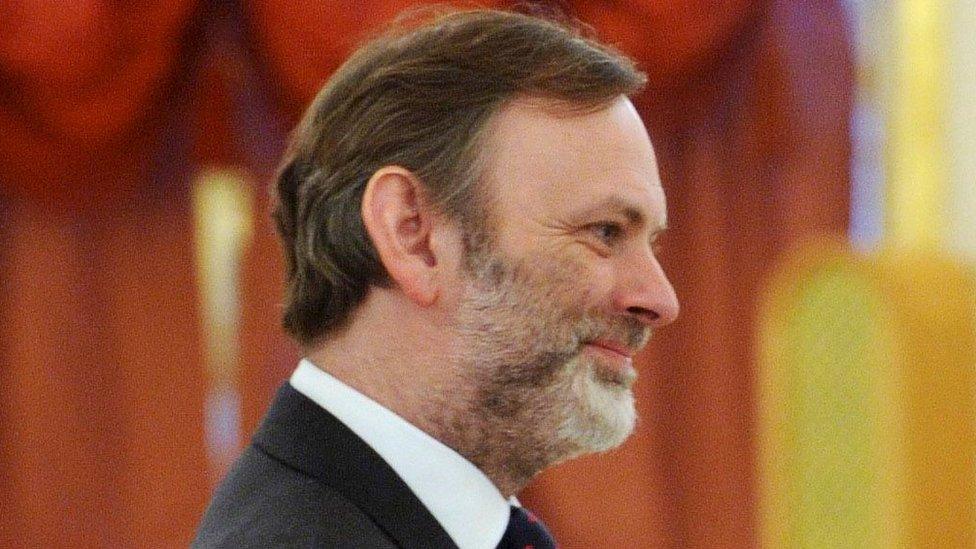Why Brexit is still undefined
- Published
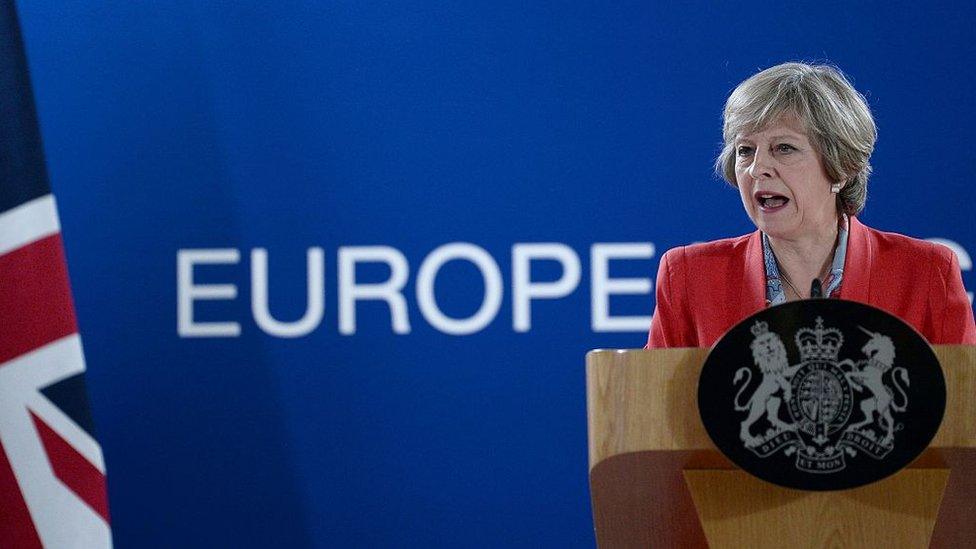
It is a curious moment in British politics. The government is facing the most important negotiations in over 50 years. The outcome will shape the future of the UK economy - but you would not necessarily know it.
The consumers - the voters - appear to be shrugging off the uncertainties, the unknowns and the warnings of future risks.
Many economists had predicted that a vote to leave the EU would tip Britain into recession. Instead, after six months, the UK is on track to be the fastest growing economy in the G7. Orders in the manufacturing sector are expanding at the fastest rate in 25 years.
Consumers are acting "almost as though the referendum had not taken place" asserts Andy Haldane, the Chief Economist at the Bank of England.
The economic forecasters are on the defensive or taking a turn in the confessional, admitting that the forecasting profession "is to some extent in crisis". It is a reminder of what I was once told - that economics is not a science but the politics of money.
There have been times in the past when politicians have urged voters to go out and spend, almost as if shopping was a patriotic duty. In recent months, the British consumer has needed no urging.
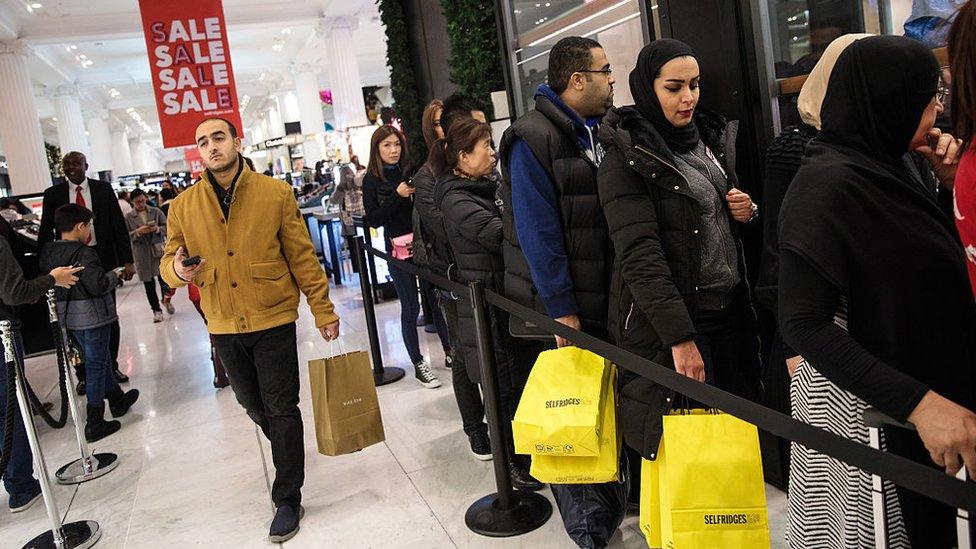
There has been a surge in UK retail sales
Warnings have been defied. Financed by a surge in borrowing, spending is accelerating. Confidence is high, buoyed by real income growth, the housing market outside London, low unemployment and a soaring stock market. Our European neighbours are a little open-mouthed at the way the script is unfolding.
But many of the same economists and forecasters who had warned against Brexit still believe a reckoning is coming. The rising costs of imports because of a weakened pound and increased fuel prices will combine to force some retailers to raise their prices. Higher inflation will test consumer appetites.
The robust economy has bought the government political space. It is not at the moment under pressure and does not yet need to show its hand but, slowly, a narrative is emerging that carries risks for Theresa May and her tightly-wound circle; that they are hobbled by indecision.
Perhaps, not surprisingly, you hear it said in the European Commission that the government neither has a strategy for the negotiations ahead nor does it know what it wants.
That is seeping into the conversations in Westminster and was boosted by the charge from Sir Ivan Rogers, the former UK Ambassador to the EU, of "muddled thinking" in the government.
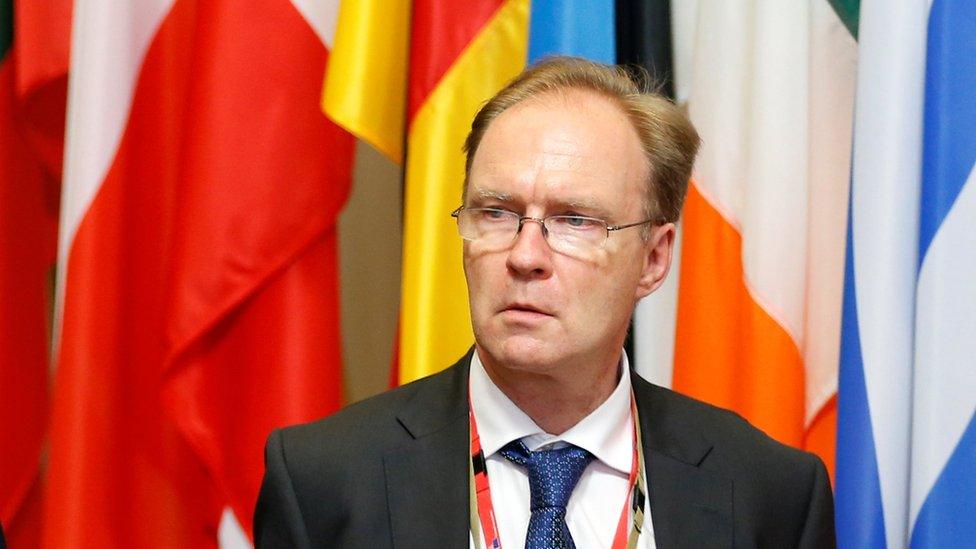
Sir Ivan Rogers has warned about "muddled thinking" over Brexit
It is a narrative rejected by Mrs May and, to be fair to No 10, there are no easy choices. It is as complex a negotiation as any government has faced. Inevitably some people will be disappointed.
Brussels thinks the UK has made its choice. The PM has said the UK will insist on controlling EU immigration and on leaving the jurisdiction of the European courts. To those sitting in the halls of the EU that means Britain is set on leaving the single market because access to the internal market depends on accepting freedom of movement.
Theresa May has repeatedly rejected the idea that what the UK wants is a binary decision. She certainly believes that the government has to reassert control over EU migration and that is close to being a red line.
But ministers believe that does not preclude a deal, whereby access to the single market is negotiated for certain industries or where some elements of freedom of movement are accepted, while negotiating for the right to apply a brake if the system is under pressure.
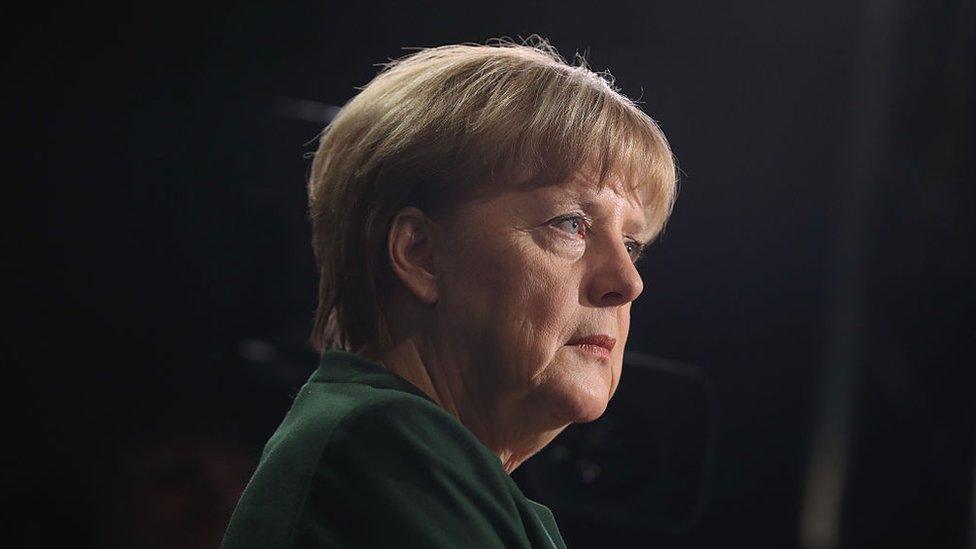
Angela Merkel has said there will be "no cherry picking" by the UK over its Brexit deal
The official EU line is the one echoed by Angela Merkel who insists there will be "no cherry picking". So far, the 27 other members of the EU have been remarkably united behind that response.
The government, however, believes that once the negotiations start there will be greater flexibility to be exploited.
Downing Street knows that almost any deal has the capacity to stir up divisions, not least within the PM's own party. The differences will not easily be reconciled.
Many of the Brexiteers want to leave the single market and the customs union as quickly as possible, precisely because of the conditions attached to belonging to it.
However, a sizeable part of the Conservative Party, the City and the business community believes that leaving the single market would be reckless, risking serious damage to the UK economy.
Some time after the end of March, when Article 50 is triggered, the negotiations will begin. The initial focus will be on the terms of the divorce. Early on, the UK will face the bill to settle outstanding obligations, like contributions to the EU budget and towards EU pensions. In Brussels they put the price tag somewhere between 55 and 60 billion euros. That one item alone has the potential to sour negotiations.
In the two years to settle the divorce there will almost certainly be no time to agree a trade deal. That is why both the EU and some UK ministers are calling for a transitional arrangement.
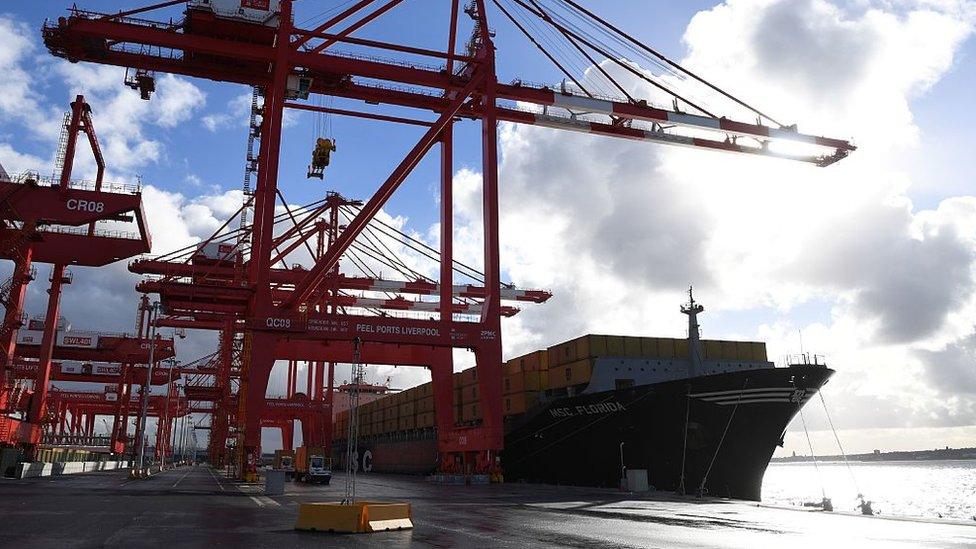
Negotiating new trade agreements will be a key part of a successful Brexit
This will be a much more dangerous period for the government. Inward investment may weaken, businesses may postpone expenditure and some companies may decide to move part of their operations to a EU capital, while consumers may lose their confidence.
The challenge for the government will be to keep the voters believing that an agreement is achievable which protects the economy.
The greatest risk for the prime minister is that her opening bid is dismissed out of hand or that it becomes apparent that a compromise is beyond reach. There are well-known figures in the European Commission who do not disguise their determination to see the UK hurt.
That was Sir Ivan Rogers's concern, that the UK could slide into a "disorderly break" with nothing to show for all the talking, leaving the UK trading under World Trade Organization rules with common tariffs.
Within 10 weeks Mrs May will have to shed her instinctive caution, define her goals and become the great persuader both in Europe and at home.
At some stage she will face the maxim "to lead is to choose".
- Published12 June 2017
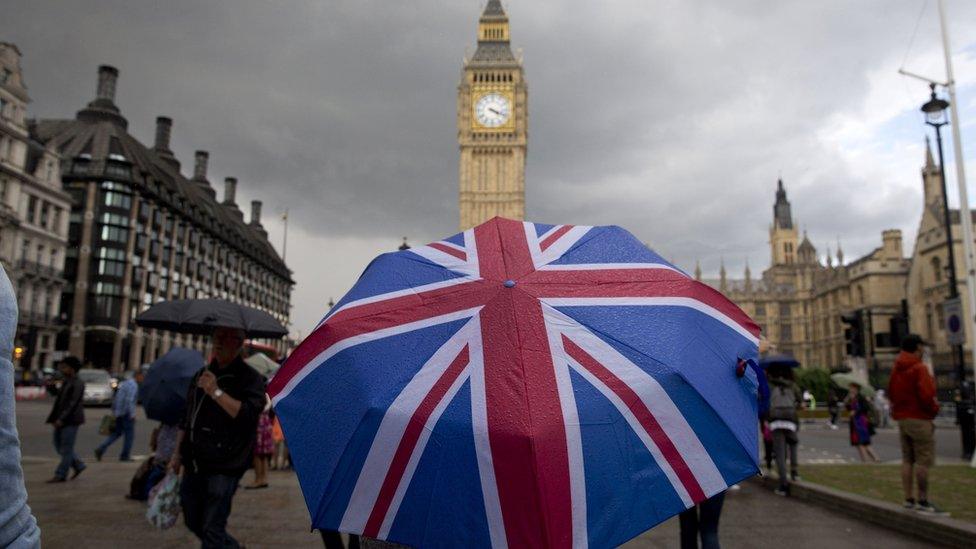
- Published5 January 2017
